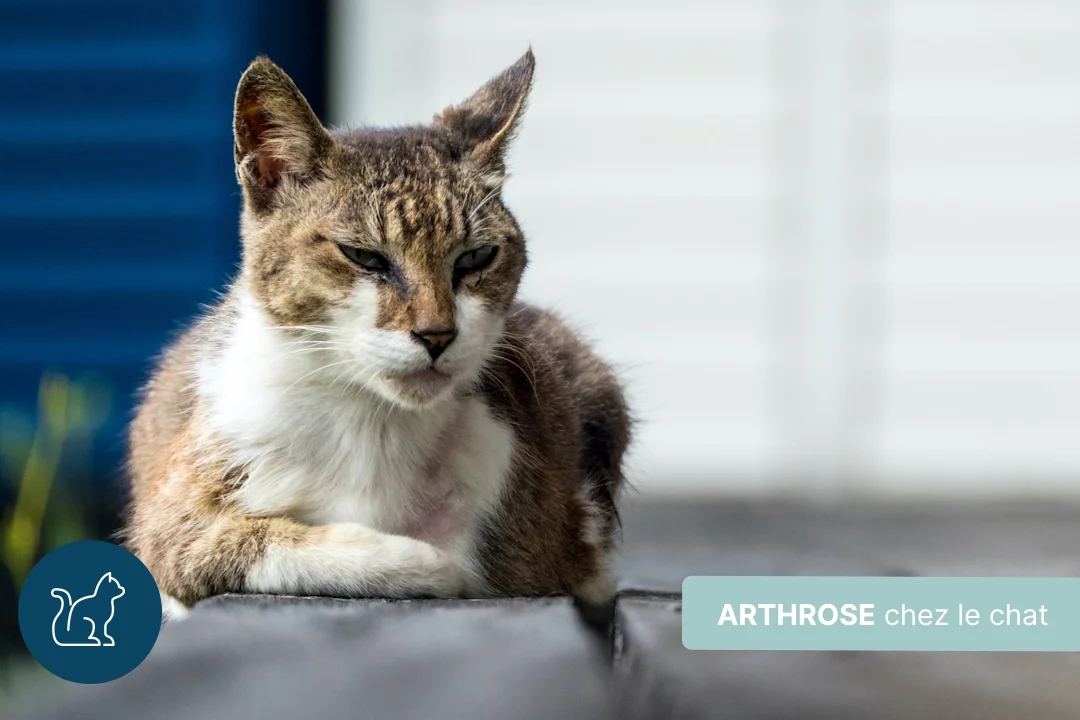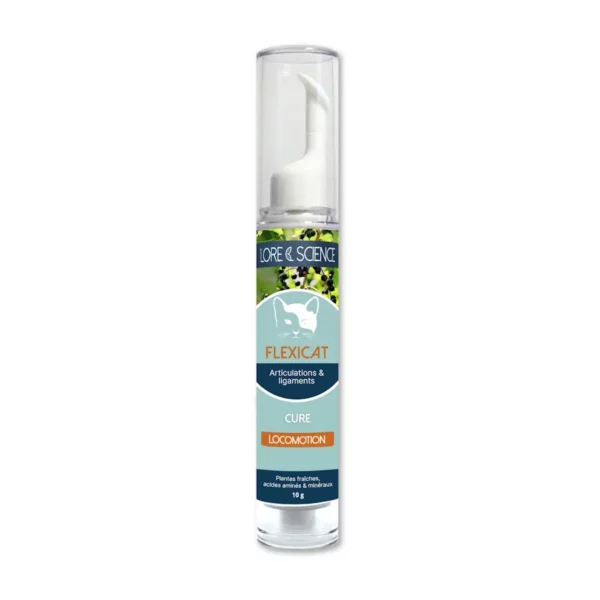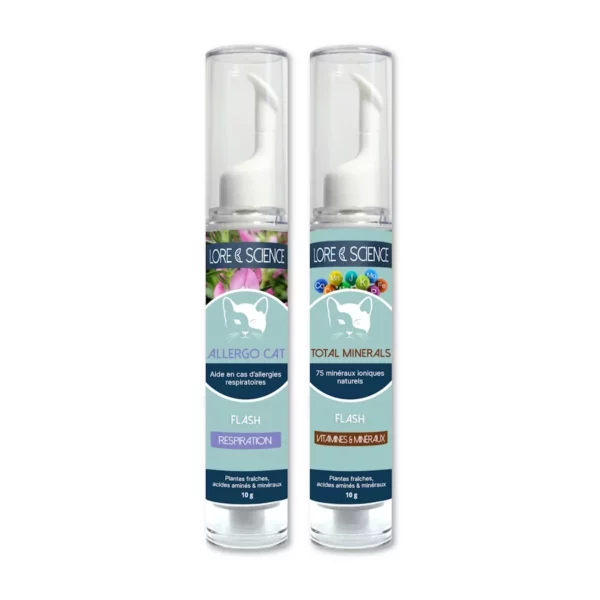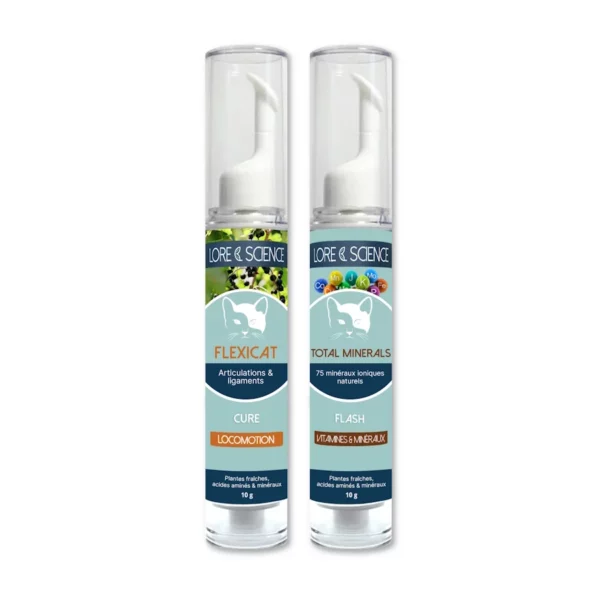What is osteoarthritis in cats?
Osteoarthritis is a chronic, progressive joint disease caused by the progressive deterioration of the cartilage that protects the bony ends of the joints. In cats, this pathology is frequently underestimated, as these animals often mask signs of pain. It can appear as early as middle age, and affects over 80% of cats over 11 years of age. It is therefore crucial to know how to detect the first signs.
Symptoms of feline osteoarthritis
- Persistent lameness, especially after resting or in wet weather
- Difficulty jumping, climbing or moving quickly
- Change in habits: isolation, unusual aggressiveness, fewer interactions
- Reduced grooming, with a less well-groomed coat
- Significant reduction in general activity and less frequent play
Common causes
Several factors can contribute to theonset of osteoarthritis in cats:
- Natural aging, resulting in worn cartilage
- Excess weight puts extra pressure on joints
- Poorly healed trauma or old wounds
- Congenital joint anomalies or early joint disease
- A genetic predisposition specific to certain breeds such as the Maine Coon or Scottish Fold
Natural solutions to soothe your cat
A natural, holistic approach can improve your cat's joint well-being:
1. Weight control: Regular weight control is essential to limit pressure on joints. A well-balanced diet can help prevent osteoarthritis from worsening.
2. Gentle physical activity: Encourage regular but moderate movement. Interactive toys, easy-access courses and gentle play sessions are recommended.
3. Natural food supplements: Solutions such as FlexiCat, based on medicinal plants, can provide effective support without the side effects of traditional drugs.
FlexiCat: natural support for feline joints
FlexiCat is a 100% natural food supplement designed to support cats suffering from osteoarthritis or chronic joint pain. Its composition combines a number of plants scientifically recognized for their beneficial effect on joints.
🌿 Blackcurrant (Ribes nigrum): Thanks to its richness in anthocyanins, it acts as a natural anti-inflammatory and helps reduce joint pain.
🌱 Nettle (Urtica dioica): Contains silica and minerals that strengthen bones and support joint flexibility. It is often used in phytotherapy against arthritis.
🍃 Meadowsweet (Filipendula ulmaria): Known for its content of salicylated derivatives, it has analgesic properties similar to aspirin, without the side effects on the stomach.
These herbs are complemented by essential amino acids such as L-Arginine, L-Lysine and Taurine. This combination acts on pain, inflammation and cartilage repair.
Conclusion
Feline osteoarthritis is a silent but disabling disease. Knowing more about it means better prevention. By keeping a close eye on your companion and opting for a natural treatment such as FlexiCat, you can prolong his comfort and mobility, even in old age. A preventive approach at the earliest signs can make all the difference to his joint health.
FAQ
At what age can a cat develop osteoarthritis?
It can start as early as age 7, but symptoms become more visible from age 11 onwards.
How does FlexiCat complementary feed help?
It provides natural support for joints, reduces pain and promotes mobility thanks to its herbal composition.
How long before I see any effects?
Improvements may appear after a few weeks of regular use.
















